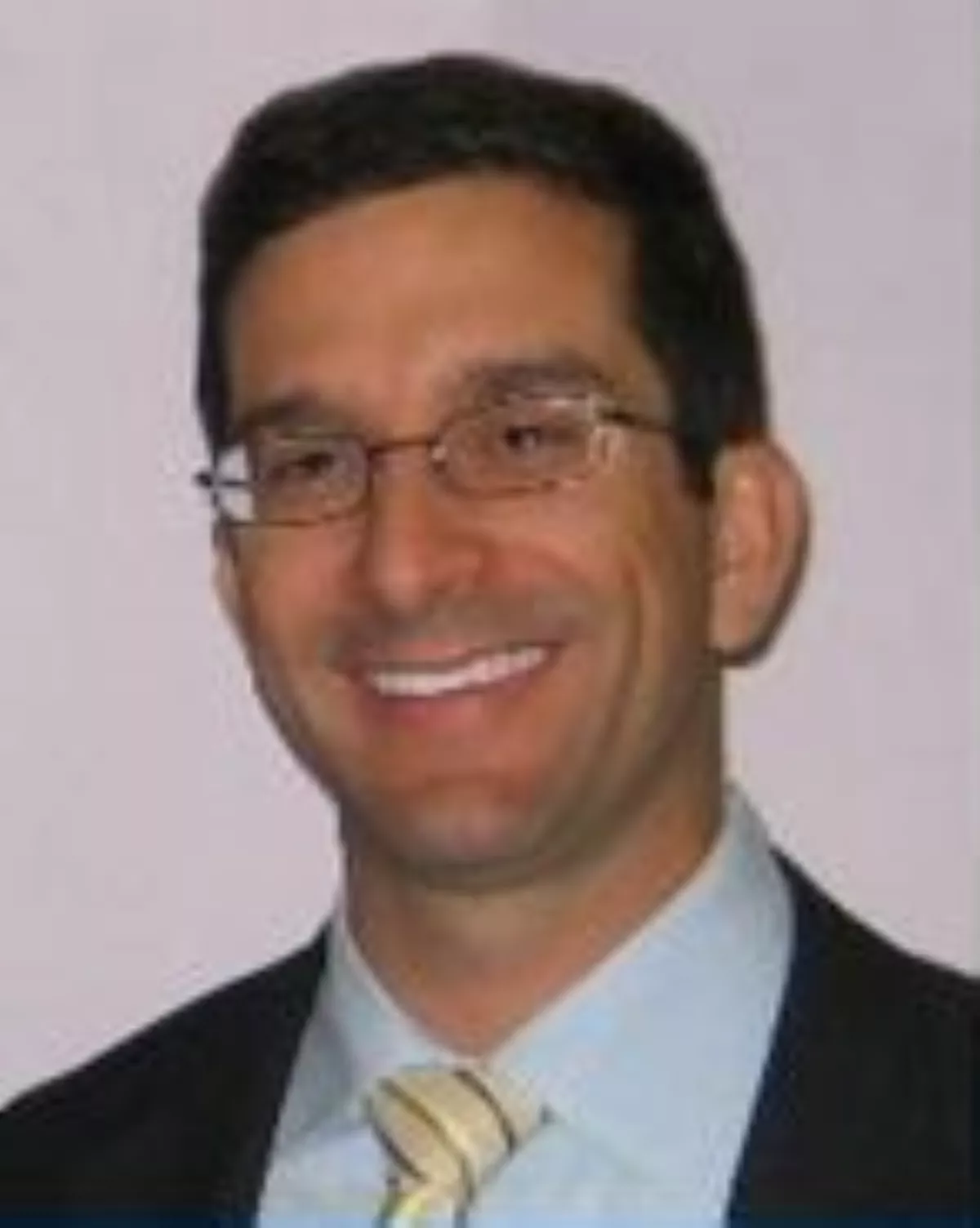 1.
1. Scott Waguespack worked with the US State Department, the American Bar Association, and various governments in the Balkans working to assist the War Crimes Tribunal in the former Yugoslavia, establishing a rule of law, and working on economic development.